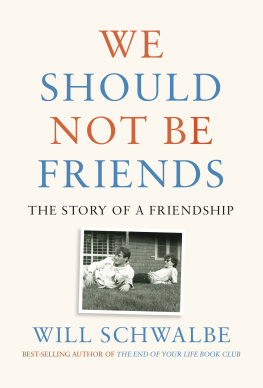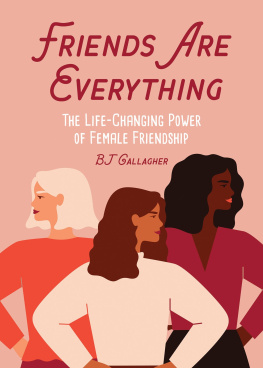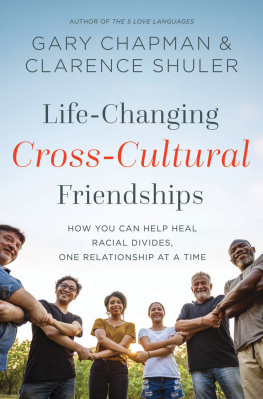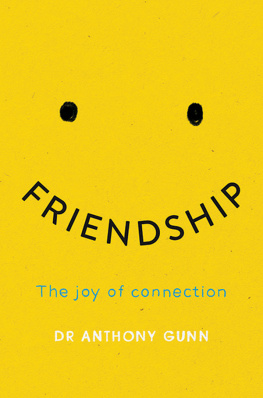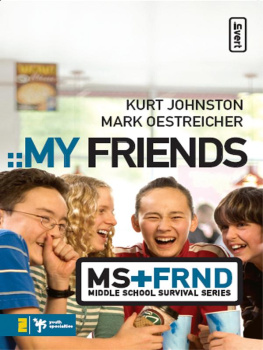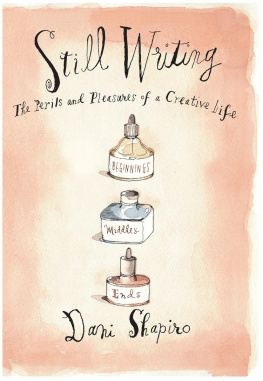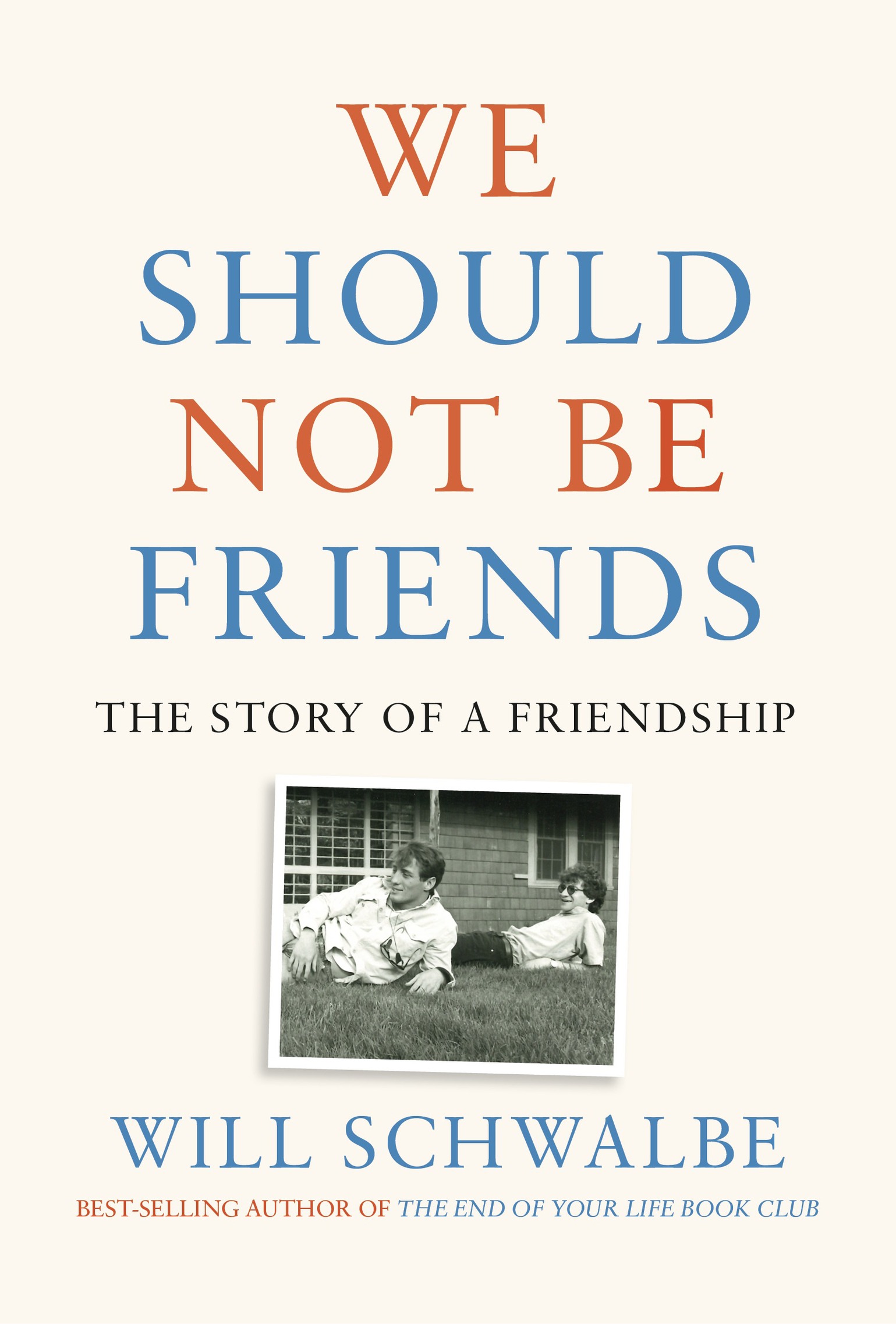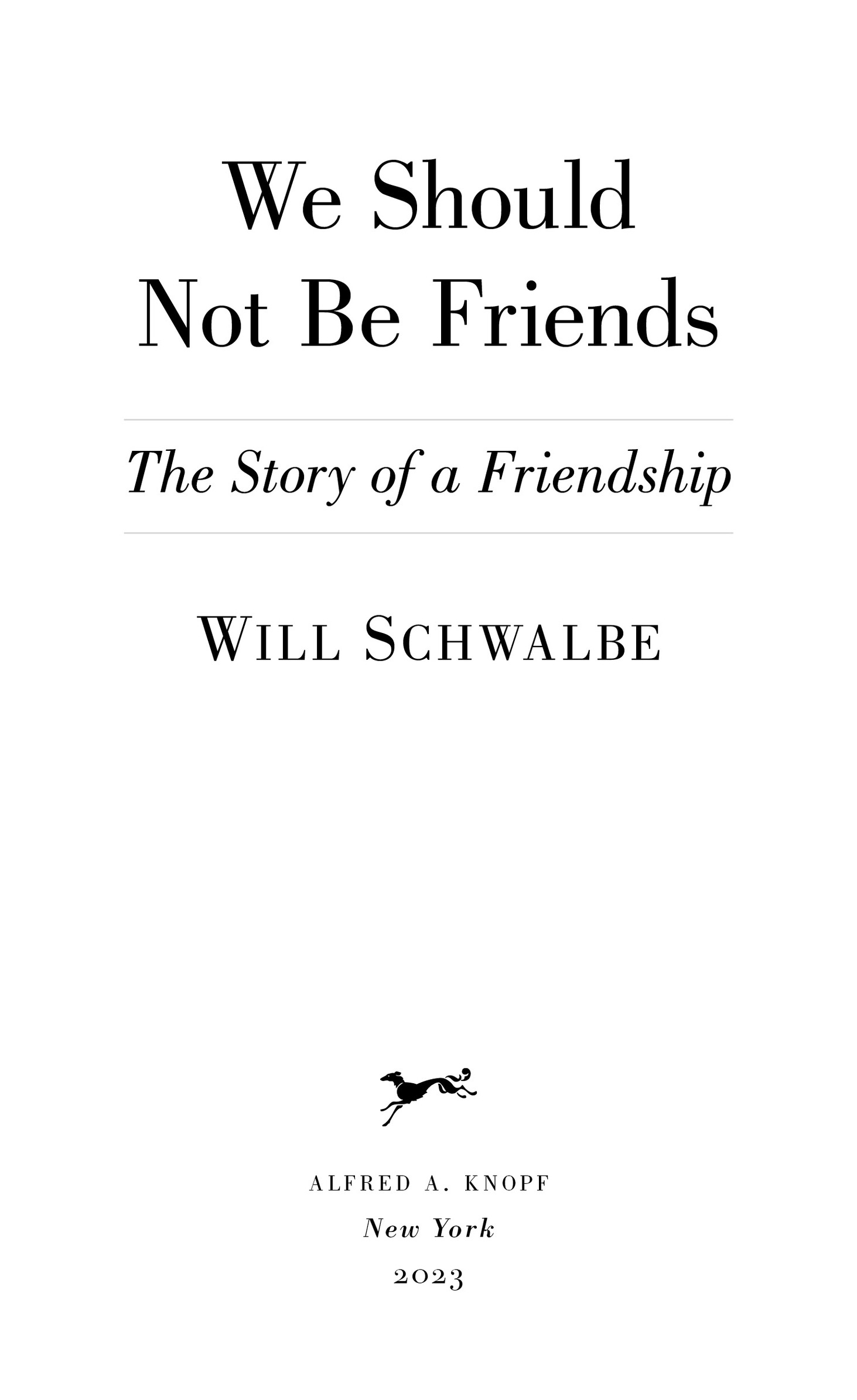Also by Will Schwalbe
Books for Living
The End of Your Life Book Club
Send
(with David Shipley)
THIS IS A BORZOI BOOK PUBLISHED BY ALFRED A. KNOPF
Copyright 2023 by Will Schwalbe
All rights reserved. Published in the United States by Alfred A. Knopf, a division of Penguin Random House LLC, New York, and distributed in Canada by Penguin Random House Canada Limited, Toronto.
www.aaknopf.com
Knopf, Borzoi Books, and the colophon are registered trademarks of Penguin Random House LLC.
Portions of chapter six originally published in Pains, chills, fatigue, vomiting and vertigo plague me. Small fiber neuropathy causes it all in The Washington Post on June 28, 2020.
Library of Congress Cataloging-in-Publication Data
Names: Schwalbe, Will, author.
Title: We should not be friends : the story of a friendship / Will Schwalbe.
Description: First edition. | New York : Alfred A. Knopf, 2022.
Identifiers: LCCN 2021056346 (print) | LCCN 2021056347 (ebook) | ISBN 9780525654933 (hardcover) | ISBN 9780525654940 (ebook)
Subjects: LCSH: Schwalbe, WillFriends and associates. | FriendshipUnited States. | Male friendshipUnited States.
Classification: LCC BJ1533.F8 S336 2022 (print) | LCC BJ1533.F8 (ebook) | DDC 177/.62dc23/eng/20211222
LC record available at https://lccn.loc.gov/2021056346
LC ebook record available at https://lccn.loc.gov/2021056347
Ebook ISBN9780525654940
Cover photograph by David Singer
Cover design by John Gall
ep_prh_6.0_142519746_c0_r0
In memory of Dan Frank and Sonny Mehta,
who taught me volumes about books and friendship
All friendships of any length are based on a continued, mutual forgiveness. Without tolerance and mercy all friendships die.
David Whyte
After all, what can a first impression tell us about someone weve just met for a minute in the lobby of a hotel? For that matter, what can a first impression tell us about anyone? Why, no more than a chord can tell us about Beethoven, or a brushstroke about Botticelli. By their very nature, human beings are so capricious, so complex, so delightfully contradictory that they deserve not only our consideration, but our reconsiderationand our unwavering determination to withhold our opinion until we have engaged with them in every possible setting at every possible hour.
Amor Towles,
A Gentleman in Moscow
The only way to have a friend is to be one.
Ralph Waldo Emerson
Contents
_142519746_
Note to the Reader
This is a story about the forty-year friendship Chris Maxey and I have shared. While the writing is mine, the remembering has been a joint effort. The dialogue is in most cases what we recall having said or heard. When memory failed us both, we did our best to conjure up what we believe we would have said. For the details throughout, we relied on contemporaneous notes we kept and interviews with others who were with us on parts of our journey. The emails we exchanged are quoted verbatim, but our letters have proved unfindable so we re-created them as best we could.
In a few instances, weve changed names and identifying details to preserve the privacy of people with whom weve lost contact.
Weve checked our memories against the facts whenever possible. But friendships like ours proceed largely unchronicled, which is one of the reasons I wanted to write this book and Maxey wanted to be my partner in it. We may have misremembered some of the dialogue and descriptions, but weve tried to get the spirit right.
Chapter One
Bright College Years
NERDS AND JOCKS
By the time I was a junior at college, Id already met everyone I cared to know. I was friends with most of the other gays and lesbians; this wasnt difficult because, in the early 1980s, not many of us were out of the closet. I was also cordial with most of the lesbians and gays who were still in the closet; it was pretty obvious who they were. I knew the theater people, a group that overlapped almost completely with the gays and lesbians, uncloseted and closeted. I knew many of the people who styled themselves writers. I knew absolutely everyone in my majorthere were only a few of us who had chosen to get degrees in Latin and Greek, so it would have been Herculean not to. And I knew a splattering of visual artists, a handful of comparative lit majors, the odd philosopher, and three mathematicians, along with an assortment of other obsessive, quirky characters with whom Id fallen into conversation in a dining hall line or bonded over the cinnamon toast at Naples Pizza when we should have been studying.
I also knew those I didnt want to know. The jocks. And they didnt seem to want to know me. In the dining halls, they filled boisterous tables. They wolfed down epic platters of scrambled eggs. They wore baseball caps backwards and moved in packs. The jocks and I were like planets in different orbits, circling one another but not colliding. I felt that if we did, I would be obliterated.
During the spring of my junior year, Id taken to wearing a turquoise acid-washed blue jean jacket, and I wore a studded leather wristband that served as a walleta souvenir from Los Angeles, where Id spent the previous term away from school, working in the realer world. I had my hair permed down the center but cut shorter on the sides, in a recent fit of enthusiasm for the artist who was still then known as Prince and also for the look of a singer named Adam Ant. Despite my stylists valiant efforts, my hair looked nothing like theirs. But I did look like someone trying very hard not to look like everyone else; I was elaborately disguised as someone who didnt care what other people thought of me.
I now cant be sure the jocks gave me much thought at all, but I assumed they didnt like me or considered me ridiculous, as was suggested by the occasional sneer directed my way. Certainly, many of my women friends, especially the very out lesbians, as well as my more feminine gay friends had contended with derision, menace, and worse from the college jocks. There was good reason to leave space between myself and anyone wearing a letter jacket.
All that dramatically changed at the end of my junior year, when I collided with one jock in particular: Chris Maxey, known to just about everyone as Maxey. From the start it was clear that Maxey and I should not be friends. What was less obvious was that I was much more prejudiced against him than he was against me. Yet we became friends and have remained so for the next forty yearsright up to the present day.
Perhaps I didnt care to know Maxey, but fortunately the matter was taken out of my hands. Because if I hadnt met him, my life would have been less rich and less fun. Had it not been for Maxey, the me that is here today wouldnt be me. Also, I never would have learned how to breathe. He tells me I had a similar effect on his life. Except he figured out how to breathe all by himself.
INITIATION
Just beyond Yales campus, a three-story building composed of limestone blocks presents a sheer, windowless front. An iron fence separates the sidewalk from a moat of carefully tended grass. Two handsome shrubs stand sentry at either side of a short flight of rough-hewn granite steps. The decorative stonework at knee level and around the buildings door makes a nod to Ancient Greece, but theres no hint as to what lies inside. A gray slate path leads to the unwelcoming black door, the intricate details on its exterior visible only when the sun hits it just right. There was no sun the first time I entered; it was the middle of the night.

